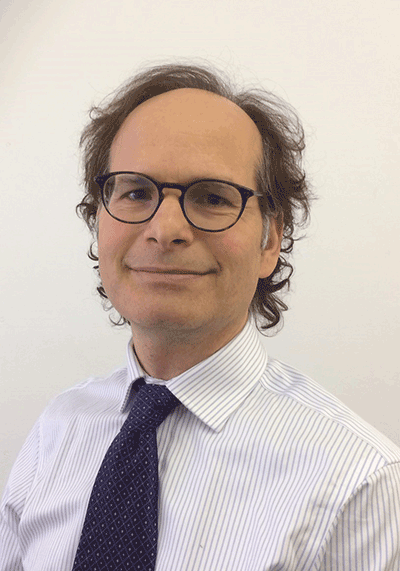Care for people with learning disabilities should be close to home, says the NHS watchdog.
The National Institute for Health and Care Excellence (NICE) says there should be support for children and adults with autism and learning disabilities to live in their communities.

Jonathan Senker, who chairs the NICE guideline committee: he wants support to enable people with learning disabilities to live their own lives
One person in charge
In a new guideline, NICE says councils and the NHS should put one person with experience of working with people with learning disabilities in charge of services.
It also says they should pool health, social care and education budgets to keep people in communities.
Jonathan Senker chairs the NICE guideline committee. He is also head of advocacy charity VoiceAbility.
He said support for people with learning disabilities should enable them to “live their own life”.
NICE says people should be able to live on their own with support, or in shared housing.
Fight to free son from care
Mark Neary fought to get 28-year-old son Steven, who has autism, out of care. Mark had arranged for Steven to have a short respite visit, but it ended up lasting almost a year.
His son now lives with support in the community in Cowley, in London.
Therapist Neary, 59, says the guideline echoes laws that are “routinely ignored”.
At least half of people with a learning disability live in their family home. The guideline says authorities should support families as early as possible.
They should also avoid hospital admissions unless they have exhausted all other options, it says.
NHS England said it is committed to supporting people to live independently.
Councillor Izzi Seccombe chairs the Local Government Association’s Community Wellbeing Board.
She stressed there is a £2bn annual “funding gap” in adult social care that the government must address.
A spokesperson for the Department of Health said it has provided an extra £2bn for social care and recently announced a further £150m.
Caption: Jonathan Senker, who chairs the NICE guideline committee, wants people with learning disabilities supported to live their own lives.
Related:
Published: 6 April 2018















